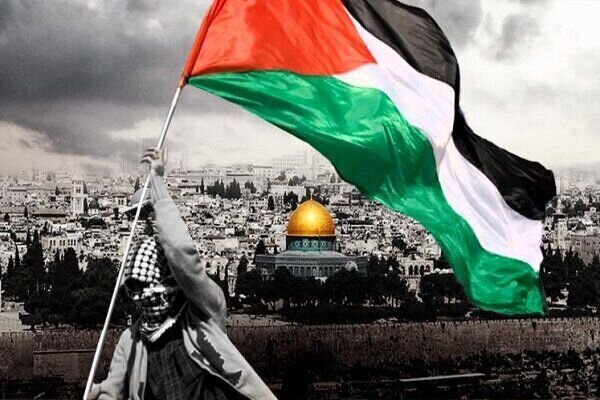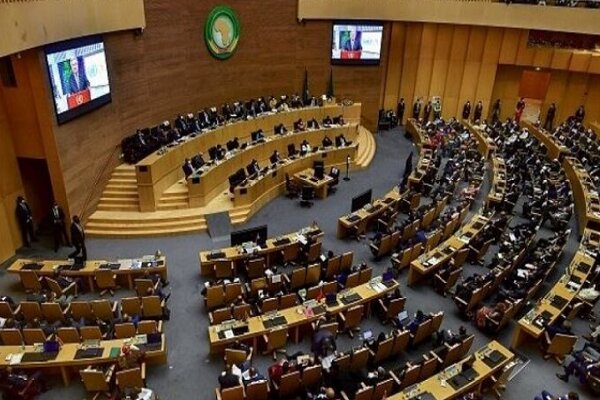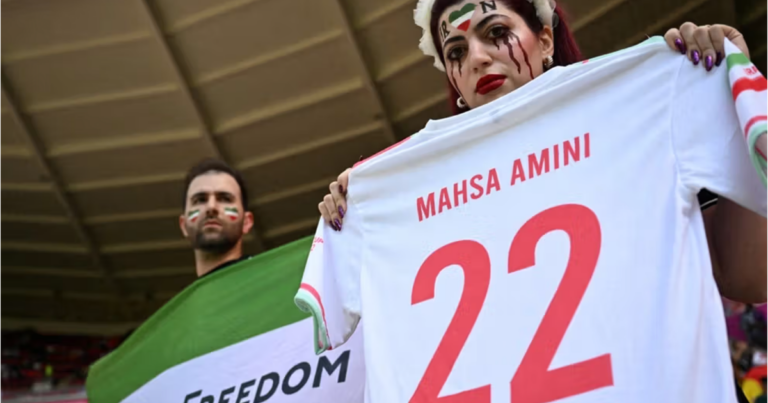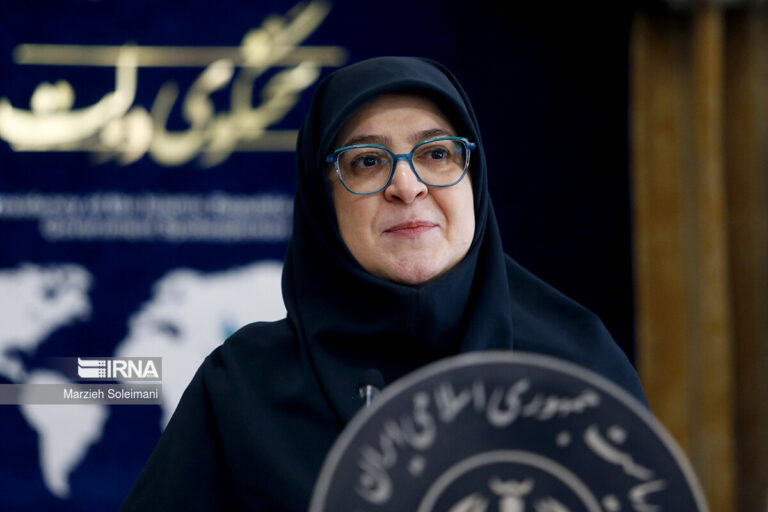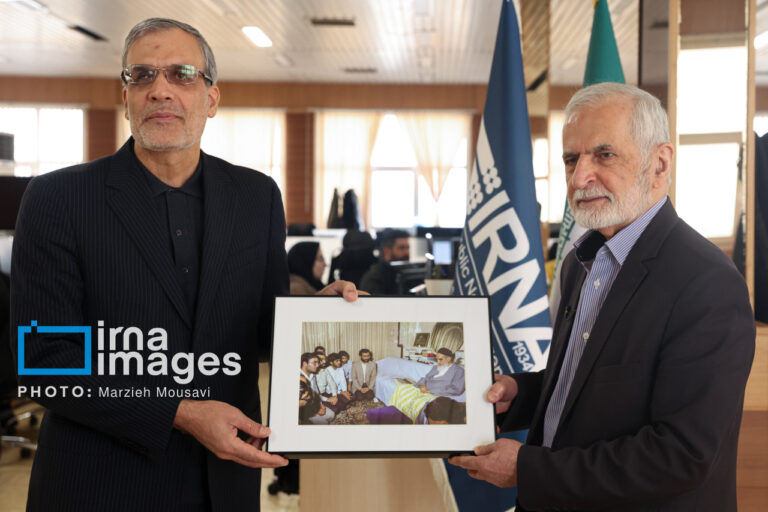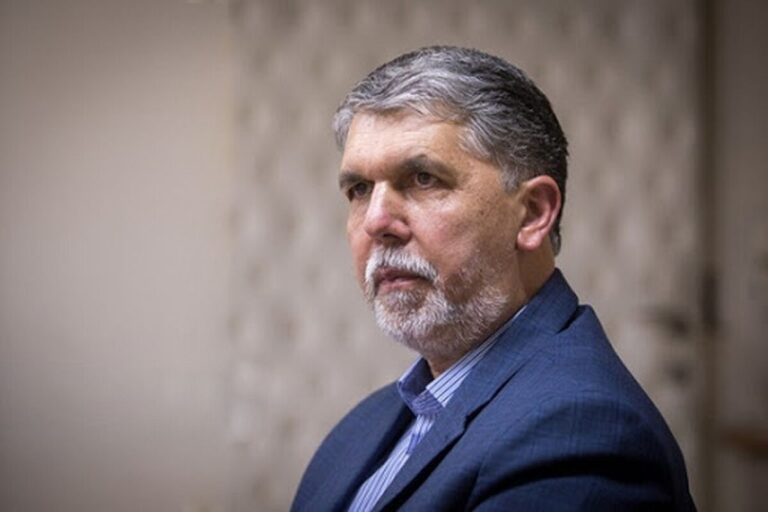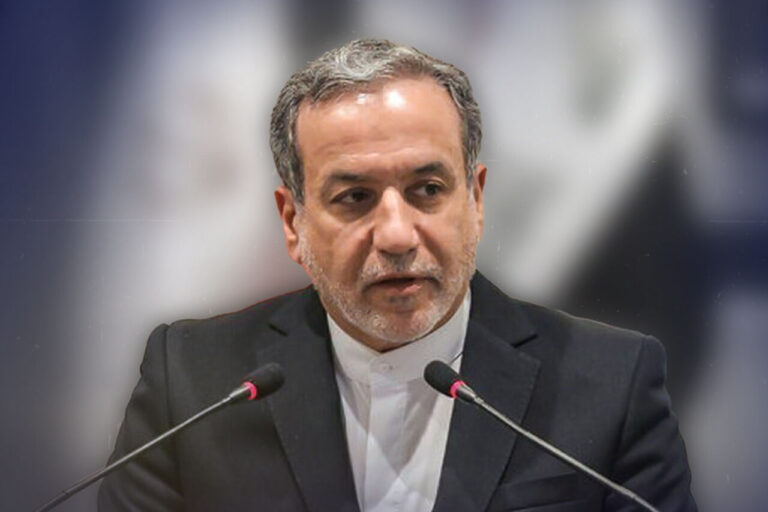Quds Day: Standing Strong Amidst the Flood Crisis
By designating the last Friday of Ramadan as International Quds Day, Imam Khomeini (may Allah be pleased with him) sought to empower the Islamic world in creating a unified front against Zionism. This significant initiative aimed at laying the groundwork for Palestine’s liberation and eradicating the scourge of occupation, thereby fostering peace in the region. Various interpretations have emerged regarding this historic day, yet what stands out is Imam Khomeini’s declaration of it as “the day of Islam’s life.”
The recent “Al-Aqsa Flood” operation illustrates that the call for Palestinian liberation is gaining momentum, even in Western nations. This growth occurs despite regional governments’ attempts at normalization, which often breed despair and confusion. The operation serves as a testament to the seriousness with which the Islamic world regards Quds Day, which has become the target of extensive misinformation campaigns.
The Islamic awakening in the region is one of the most significant legacies of Imam Khomeini’s movement and his vision for Quds. He ensured that the significance of Quds Day transcended geographical boundaries, emphasizing its importance not just for Palestine but for all Muslims worldwide. Over the years, the influence of Quds Day and the Palestinian resistance has become increasingly apparent, alongside a rise in anti-Zionist sentiment (not to be confused with anti-Jewish sentiment, which Zionists often exploit to mislead public opinion). Furthermore, Islamic scholars have consistently voiced their support for Palestine.
Imam Khomeini viewed Quds Day as a pivotal moment for Muslims to break free from the shackles of imperial powers. He often called for nations to rise up and liberate Palestine. Despite enduring years of war and sanctions against Iran, his commitment to the liberation of Quds remained unwavering. He consistently advocated for its freedom and support.
In his vision for a global movement, Imam Khomeini called for the creation of a party dedicated to the liberation of Palestine. He expressed his hope for a “Party of the Oppressed” to emerge globally, uniting those who seek to overcome the hurdles impeding their progress:
“I hope a party named the Party of the Oppressed will be formed throughout the world, and that all the oppressed will join it to remove the obstacles and challenges hindering their progress. Through it, the oppressed will rise against the arrogant powers and the Eastern and Western occupiers. In doing so, they will prevent the oppressors from continuing their tyranny and will move forward to realize Islam’s promise that the oppressed shall inherit the earth and govern it.”
For too long, the oppressed have been fragmented, and without unity, real progress is unattainable. Today, a model of unity among the oppressed has emerged in a Muslim region, and this model must be broadened to encompass all humanity. This vision can be realized through the establishment of the “Party of the Oppressed,” practically embodied in movements like “Hezbollah,” which align with divine principles that assure the oppressed will inherit the earth.
Imam Khomeini recognized the critical error that led to the establishment of Israel, highlighting the responsibility of Muslim leaders. In 1979, he remarked:
“The mistake committed by all Muslims, particularly Arab governments and nations, was that they allowed Israel to exist from the very beginning. The personal interests and ambitions of these governments prevented them from strangling Israel in its infancy. As a result, they allowed it to gain the necessary strength to resist.”
His declaration of Quds Day and subsequent developments—especially post-Camp David Accords—demonstrated that the threat posed by the Zionist entity extends far beyond Quds and Palestine. As he warned:
“It is a germ of corruption and will not stop at Quds. If given time, all Islamic countries will be at risk.”
In his sermons, Imam Khomeini emphasized the significance of Quds and the apprehensions surrounding Iran’s role and its relationships within the Arab and Islamic worlds. He stated:
“Israel does not want there to be a religious scholar, the Quran, or Islamic laws in [pre-revolutionary] Iran so that it can achieve its goals.”
In multiple addresses, he cautioned against normalizing relations with Israel, asserting that the revival of Quds Day is crucial for preventing the Zionist entity from establishing a predominant foothold in the region. This normalization he warned, threatens to undermine Muslim values and integrity.
Observing Quds Day has proven essential in rallying Islamic nations and leaders against the occupying force. Imam Khomeini stressed that both nations and governments bear responsibility for the existence of the usurping entity and must actively work towards its elimination:
“Muslims, both nations and governments, must join hands, for those who attack Islam, like Zionism—which is the greatest enemy of Islam—seek to dominate Muslim lands one by one…”
Undoubtedly, commemorating Quds Day fosters Islamic solidarity, particularly following the “Al-Aqsa Flood” operation and the remarkable resilience of the Palestinian people. As challenges escalate and the failures of the Axis of Evil become increasingly apparent, unity among Muslims has become indispensable. The Palestinian cause and the quest for the liberation of Quds stand as a vital unifying factor for Islamic cohesion.
It is essential to adopt a fresh perspective on Quds Day, with strategic planning for its future. Ignoring or neglecting the Palestinian cause—central to the Islamic world—would result in profound harm to the Muslim Ummah. As a result, it is imperative for all Islamic nations to commemorate this significant day, which represents a confrontation between the oppressed and the arrogant, transcending mere rhetoric and empty gestures.
In light of the escalating threat posed by the Zionist entity to the entire Middle East and Islamic lands, Muslim unity in defending Palestine and resisting ongoing aggression is the only pathway to honor and pride for the Muslim world.
